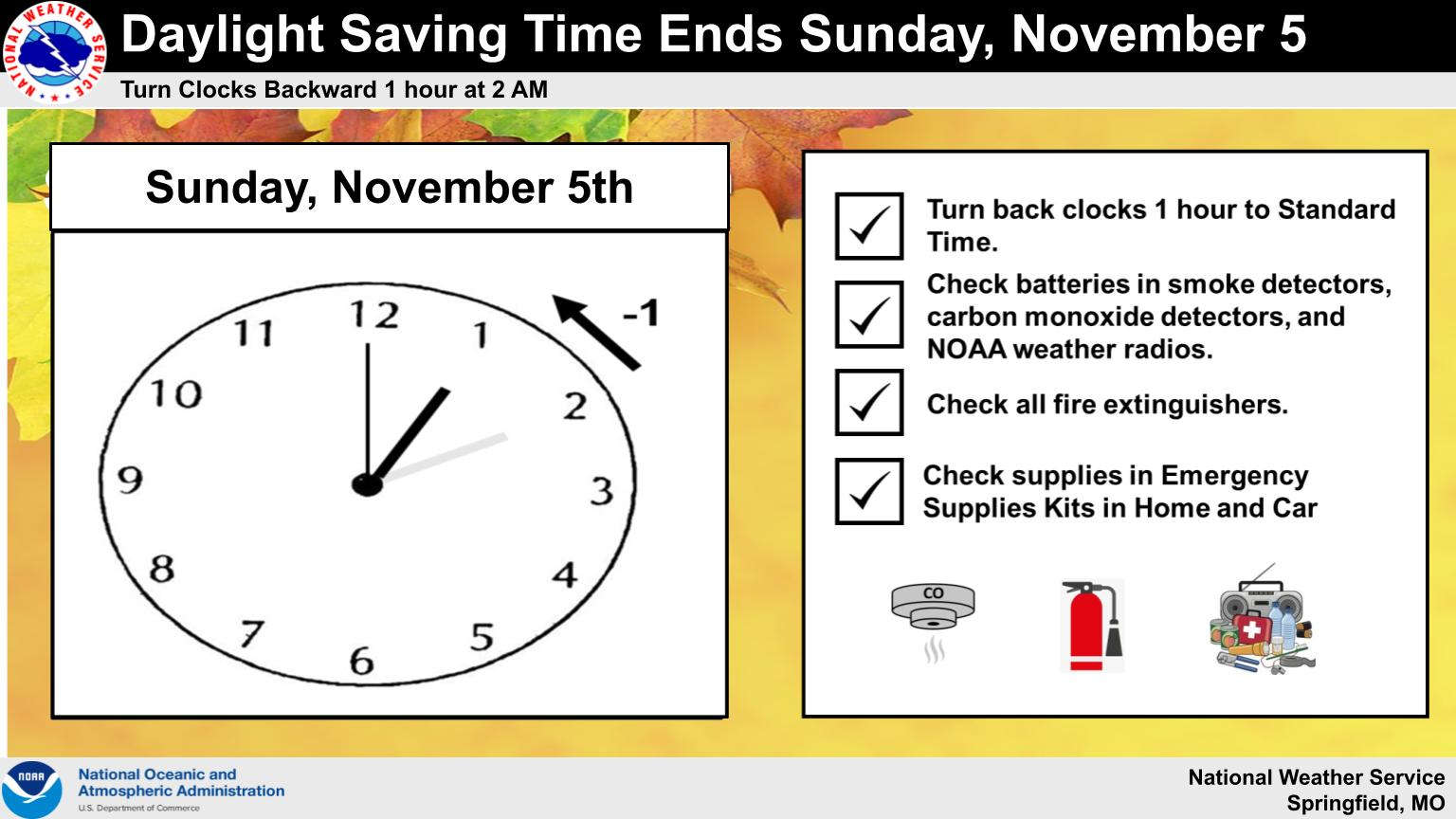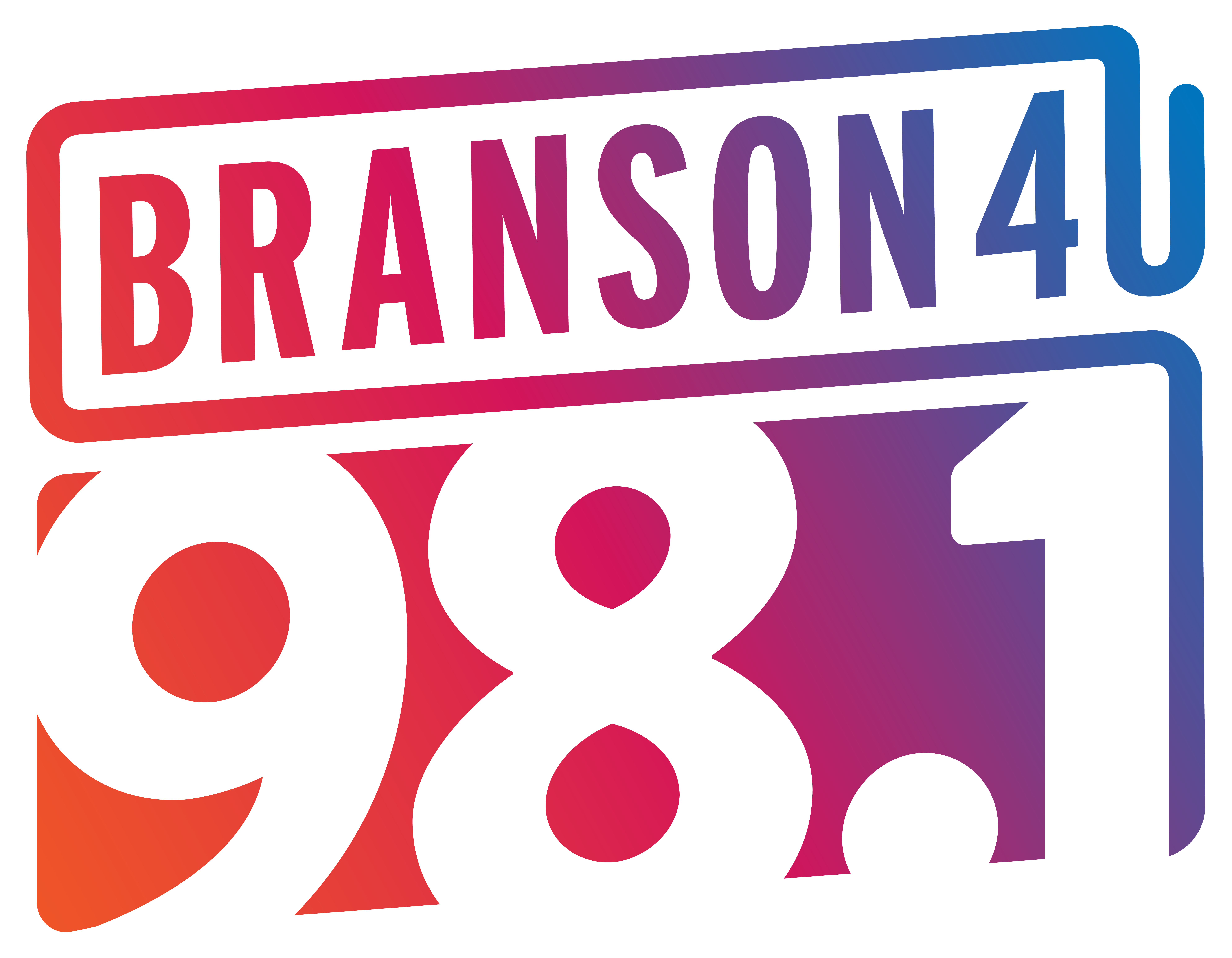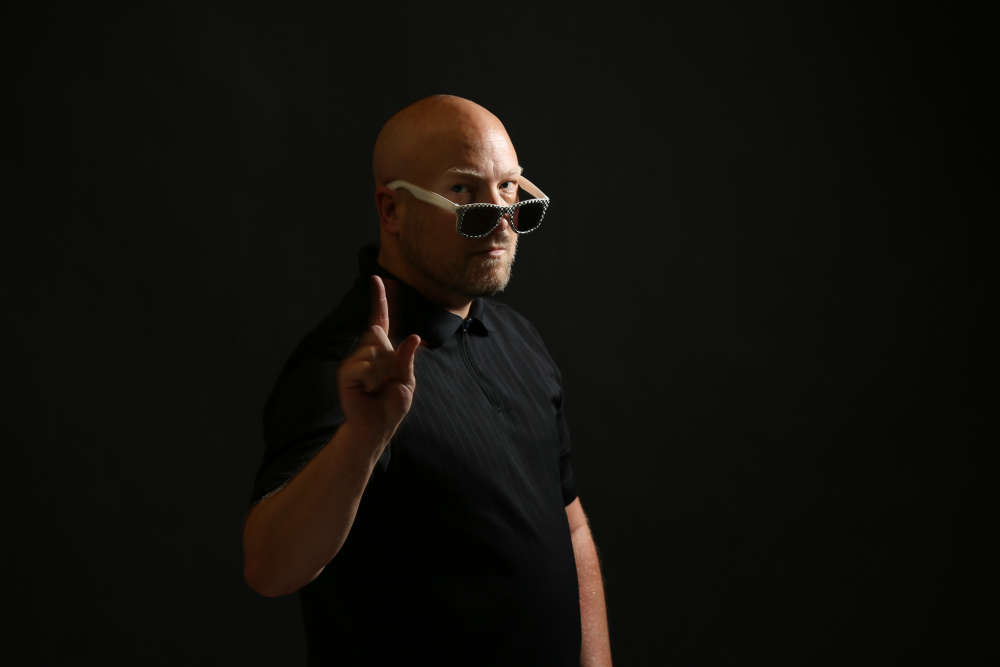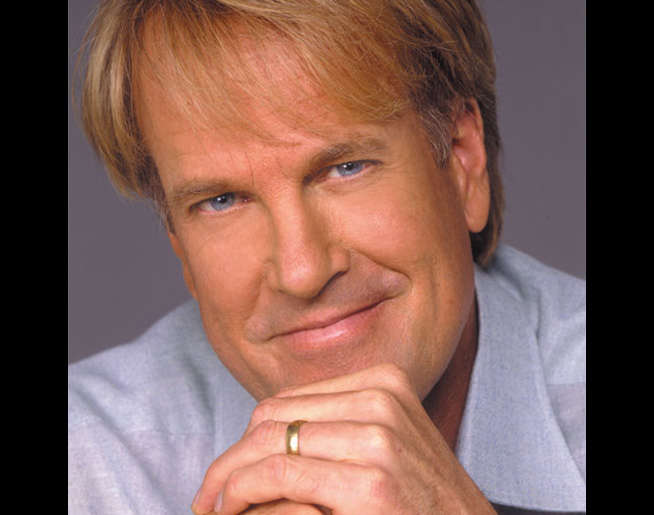
It's that time of year again when the clocks "fall back" as Daylight Saving Time comes to an end. While many look forward to the extra hour of sleep they gain, the shift in time can have more significant effects on our lives and health, according to experts.
This Sunday, as the clocks tick from 2 a.m. to 1 a.m., early risers will be treated to an extra hour of rest before their alarm clocks sound. It's a change that can make brunch dates and flag football games a little easier to attend. However, there's a downside: the sun will set earlier in the evening, leaving people to navigate their evening activities in darkness.
The transition from Daylight Saving Time to standard time can disrupt daily schedules and sleep patterns, and its effects can extend to our health. Dr. Phyllis Zee, a sleep researcher at Northwestern Medicine in Chicago, points out that "falling back" and gaining an extra hour is generally easier on the body than "springing forward" and losing an hour. However, it still has its consequences.
For many Americans who are already sleep-deprived, the time change can exacerbate sleep problems. Chronic sleep deprivation is associated with increased stress hormone levels, which can lead to elevated heart rate and blood pressure. It can also trigger inflammation in the body. Zee warns,
"Just that one hour can change the amount of sleep you get, the quality of sleep that you get." This off-kilter sleep can affect a person's ability to multitask, stay alert, and even maintain their balance, making them more susceptible to accidents.
Molly Hart, a spokesperson for AAA’s Auto Club Group, has voiced concerns about an uptick in accidents on the road following the time change. With the evenings getting darker earlier, drivers may be at risk of drowsiness behind the wheel. She emphasizes the importance of staying focused during afternoon drives.
It's worth noting that not all states observe Daylight Saving Time. Hawaii, American Samoa, Guam, Puerto Rico, the U.S. Virgin Islands, and most of Arizona opt out of this practice.
In recent years, some members of Congress have advocated for ending the semi-annual clock changes and making Daylight Saving Time permanent. The U.S. Senate passed the bipartisan Sunshine Protection Act in March 2022, but the bill stalled in the House. Sen. Marco Rubio reintroduced the bill in March of this year, but it remains in committee, awaiting further action.
As the clocks prepare to fall back this Sunday, it's essential to be aware of the potential impacts on our schedules, health, and safety. Whether or not the nation will move toward a future with permanent Daylight Saving Time remains a topic of ongoing discussion in the halls of Congress.
(Story by Holly Stover, information provided by Associated Press)


 Over $308M In Scholarships Offered To BHS Seniors
Over $308M In Scholarships Offered To BHS Seniors
 College of the Ozarks Alumni Association hosts Doc Good Day
College of the Ozarks Alumni Association hosts Doc Good Day








